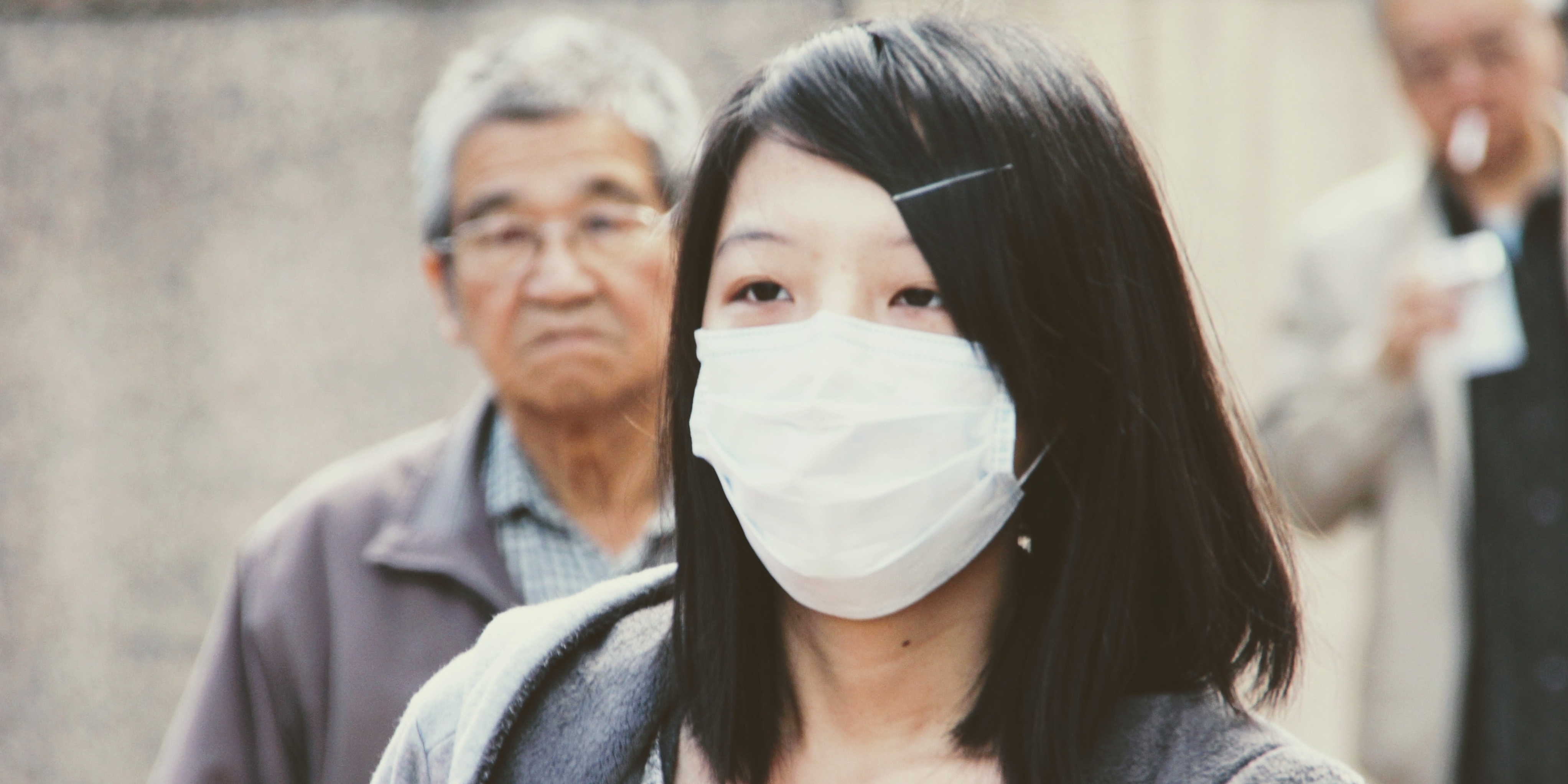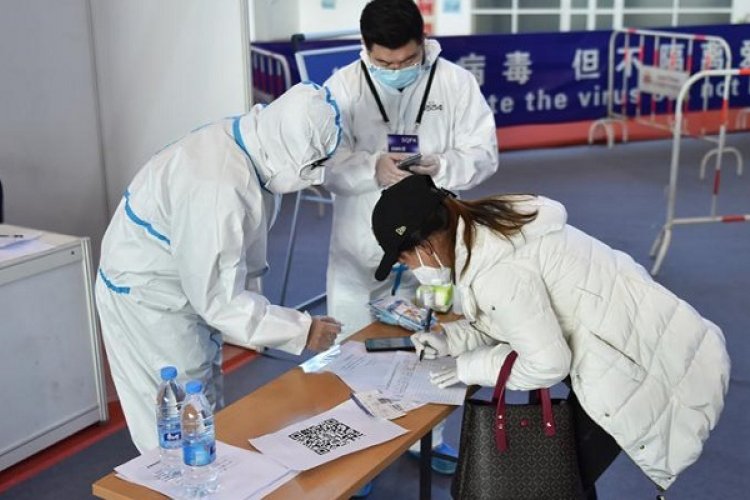UPDATED: Coronavirus Cases Confirmed in Beijing
This blog will be regularly updated with news and developments of the coronavirus outbreak, with a special focus on how it affects Beijing. You can also follow the story on our Twitter @thebeijinger, Facebook, and WeChat (ID: theBeijinger).
[Updated: Jan 21, 10.30am] The two patients who had contracted the coronavirus are said to be free of respiratory symptoms and are currently in a stable condition, according to China News. However, 44 people who had been in close proximity with one of the patients were quarantined and observed to prevent the spread of the disease. Those people have not shown any abnormal symptoms. In Wuhan, 15 medical workers are now said to have contracted the virus for a total of 224 known cases and four deaths.
Life in Beijing gets off to a tense start this week with two cases of a mysterious new strain of coronavirus having been confirmed in the city's southern district of Daxing.
In both cases, the patients were said to have recently traveled to Hubei's capital of Wuhan, which is where the virus has so far largely been contained. However, news of the virus reaching Beijing comes just one day after two other cases were found in Thailand and in Japan, spurring several international airports to begin screening incomers from China, though some experts have insisted that such a move is unnecessary. A further eight cases have also confirmed in Shenzhen and a five in Zhejiang, according to South China Morning Post.
The coronavirus virus, which has now infected over 200 individuals in China, can cause fever, respiratory illness, and inflammation of the lungs. Though reminiscent of previous outbreaks like MERS and SARS, the new virus does not appear to be as fatal as those similar respiratory conditions, and so far has resulted in only three deaths. However, there is much that is yet to be understood about the virus, its origin (animal or otherwise), and how it spreads, though recent cases may suggest that it is transferrable person-to-person.
The news of the virus’ arrival to the capital has spread quickly, prompting many Beijingers to don facemasks during their commute. Those traveling to Daxing International Airport or the southern suburbs would be wise to take similar precautions. Face masks have been shown to be somewhat effective in preventing the spread of viruses, though while helpful in blocking sneezes (yours and others), they may not be able to block airborne viruses.
The World Health Organization has issued the following advice for reducing the risk of the coronavirus: clean hands with soap and water or an alcohol-based hand rub; cover your nose and mouth while coughing or sneezing; avoid close contact with anybody with cold or flu-like symptoms; thoroughly cook eggs and meat; and avoid unprotected contact with live wild or farm animals.

The arrival of the virus comes at a particularly tense time, as many citizens prepare to travel home for Chinese New Year at the end of this week, and making the government's job of containing the virus that much more difficult.
READ: Flu Season Hits Beijing - Here's What You Need to Know About Getting Vaccinated
Image: Pikrepo, World Health Organization







